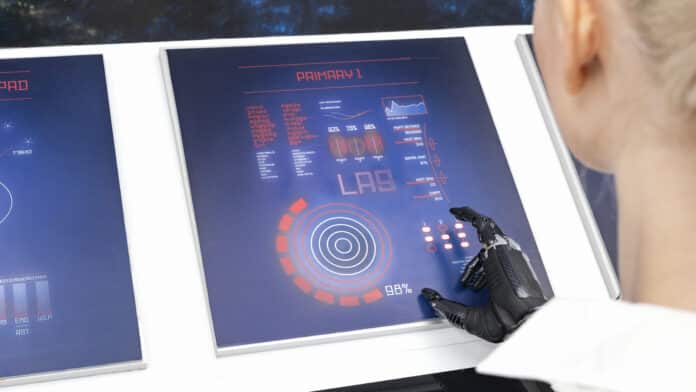Project Information:
Project Reference: 2020-2-LV02-KA105-003274
Status: Completed
Duration: November 1, 2020 – December 31, 2022
EU Grant: €23,265
Programme: Erasmus+
Action Type: Youth Mobility
Countries Involved: Latvia, Slovakia, Greece, Italy, Poland, Spain, Turkey, Croatia, Germany, Estonia
Background
The project “Simulations as a Tool for Promoting Values” was created to help youth workers use simulation games to promote important European values like inclusion, solidarity, and diversity. Simulation methods can help young people understand different perspectives and experience challenging situations in a safe way.
Objectives
The main goal was to train 24 youth workers from 11 different communities. The training focused on how simulations can be used to teach values and improve youth participation. The project also encouraged cooperation between participants and aimed to create new project ideas using simulation tools.
Implementation
The project had three phases: preparation, training, and follow-up. During the preparation phase, participants got ready through tasks assigned by partner organizations. The training phase included workshops, theory, and hands-on simulations. In the follow-up, each participant ran at least one local session with youth and shared their project results.
Key Activities
The core activity was a training course held in Gauja, Latvia, from April 7–16, 2021. Participants took part in eight simulation games—five created by trainers and three developed by participants. They also learned to adapt existing simulations and understood the importance of high-quality debriefing.
Results
The project resulted in at least 22 follow-up activities across 11 communities. A shared Padlet was created to store simulation descriptions, scenarios, and reflections. Participants became more confident in promoting values through simulation-based learning and were ready to use these tools in youth work.
Impact
Thanks to this project, youth workers developed both personal and professional skills. They gained confidence in using simulations and planned future Erasmus+ or ESC projects. It’s expected that 4–5 new youth projects will be launched, involving over 100 young people and spreading the values even further.










